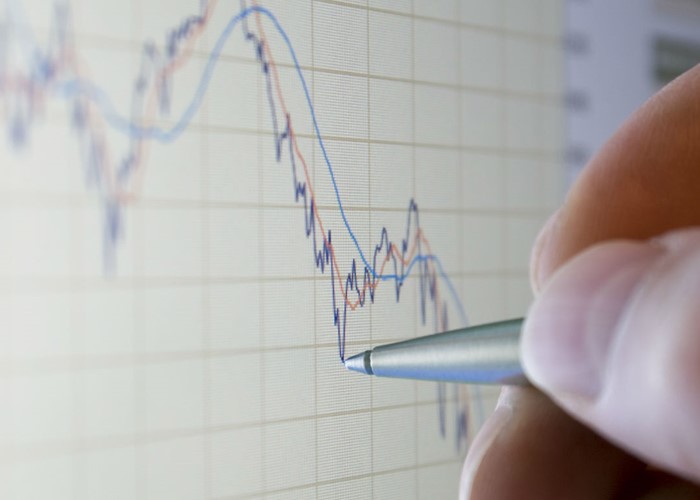Democratic finance: the future is rosy

It's easy to get depressed about the economy and the banking system, but new financial innovations mean the future is more promising than you might think.
When I look back at 2012, the most enjoyable thing I did at work was writing about some of the new online financial players who are offering different forms of ‘democratic finance.’
So what do I mean by the term ‘democratic finance?’
For me it’s an umbrella term that covers a wide range of new online businesses that give ordinary people greater control over their savings and investments.
Ordinary people can now invest their money in projects they can understand without having to pay large amounts of money to the City. Or if someone would prefer to be a lender rather than an investor, then she can lend directly to individuals and cut out the high street banks from the process.
So let’s look at some examples:
1. Peer-to-peer lending
Peer-to-peer lending sites enable you to lend out your savings to a large group of individuals without using a high street bank.
The best known site in this area is Zopa which has been operating since 2005, but there are now other players such as Ratesetter and Funding Circle.
Returns are much better than for normal savings accounts – somewhere between 3% and 6% - and you’ll get the satisfaction of knowing that you are helping other individuals. Or, if you lend via Funding Circle, you could be lending to businesses.
I see these peer-to-peer sites as democratic because they give you more control over your money. You know where your cash is going and you can rest assured that it’s not being lent to owners of overly expensive property in Florida or to businesses that you might regard as unethical.
I’m also very encouraged that proper regulation for the peer-to-peer industry is now on the cards.
Read more in What is peer-to-peer lending (P2P)?
2. Abundance Generation
I really like Abundance as investment. You can feel virtuous because you’re supporting green energy projects and you should also be able to get a decent return – roughly speaking, 7% a year. You should be able to get a fairly predictable return at low risk.
You can read more about the business works in Crowdfunding: Invest in Green Energy with Abundance.
The best thing about Abundance is that you should carry on receiving your income regardless of what happens to the global economy or to financial markets.
To use the jargon, it’s an investment that isn’t ‘correlated’ to the stock market or the bond market for that matter.
You may have a carefully constructed portfolio that is diversified between shares, bonds and property, but the sad reality is all three of those asset classes could collapse at the same time. That would make your carefully constructed diversification somewhat pointless. But Abundance shouldn’t suffer and would carry on paying out roughly the same return.
So a big stock market crash would have little effect on your investment with Abundance.
What’s more, investing in a wind turbine is much easier to understand than investing in a hedge fund or with-profits investment. And you could easily go and see the turbine that you’ve invested in.
Abundance isn’t the only crowdfunding organisation aimed at the green energy market. The Drumlin Wind Energy Co-operative is similar in many ways.
3. Venture capital
Traditionally, start-up businesses have had three options for raising money:
- Get support from a venture capital firm
- Get a loan from the bank
- Rely on the savings of one of the founders
But these days, start-up businesses can raise cash from private investors via crowdfunding sites such as Seedrs and Crowdcube.
You can read more about Seedrs in Earn 22% on a £10 investment.
I think these crowdfunding investment sites enable private investors to get involved in businesses at a much earlier stage than would normally be the case. That gives private investors more power and opportunity so I think we can easily call these businesses ‘democratic’ too.
So I hope I’ve successfully explained why there are some grounds to be a bit more optimistic about our financial future.
What do you think? Is it all pie in the sky or are we seeing the beginnings of a new technology-driven financial revolution? Tell us your view in the comments below.
More on investing
A new rival to Hargreaves Lansdown
Commission banned: are you now more likely to get financial advice?
The cheapest global index trackers
Is ethical investing a good idea?
Why women make better investors
What is peer-to-peer (P2P) lending?
Peer-to-peer lending set to be regulated
Comments
Be the first to comment
Do you want to comment on this article? You need to be signed in for this feature